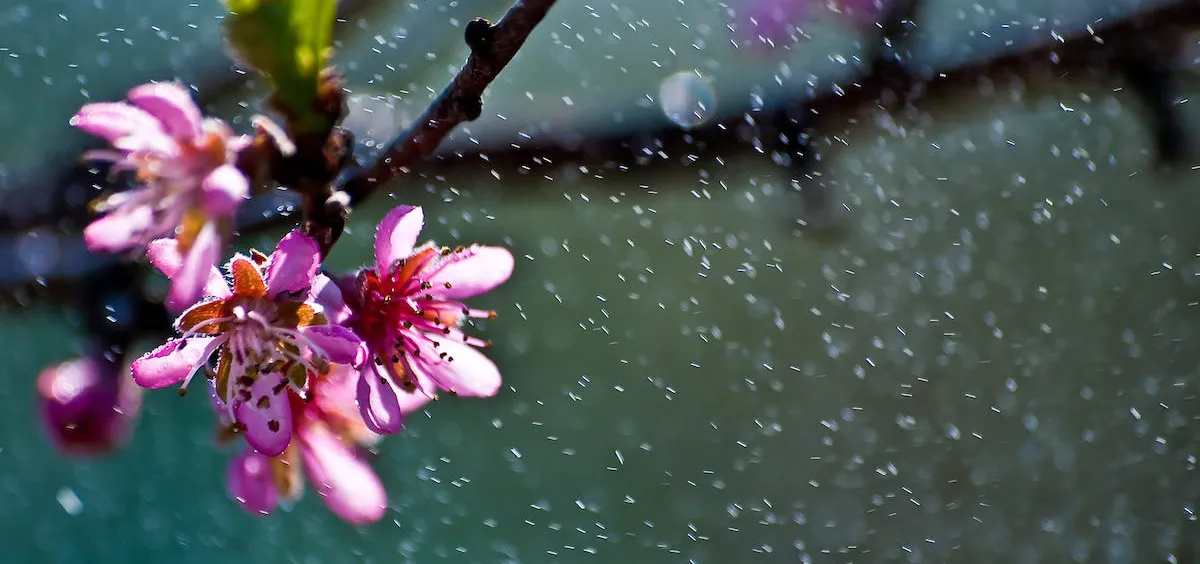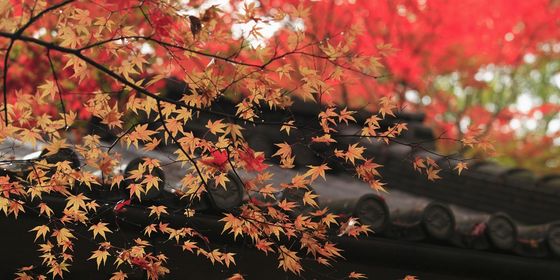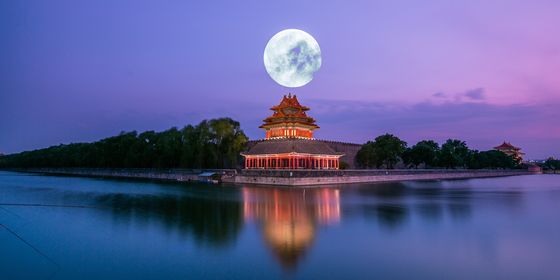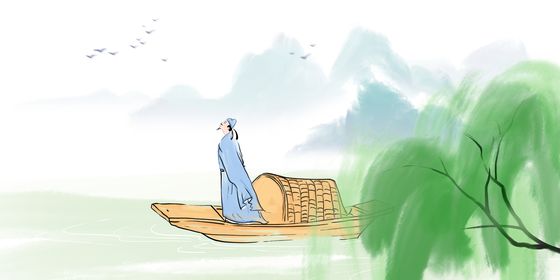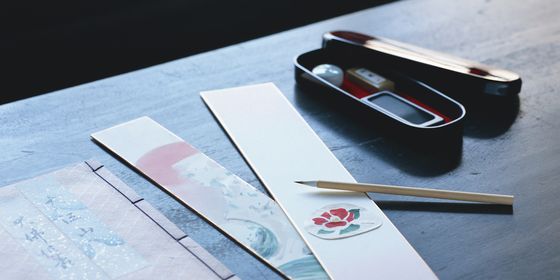The solar season Guyu (谷雨) marks the start of spring rain, a season of bounty and sadness in ancient Chinese literature
“Good rain knows the time is right/ It will fall when spring comes/ With the wind it steals in the night/ Mutely, it moistens everything (好雨知时节,当春乃发生。随风潜入夜,润物细无声),” wrote the poet Du Fu in “Happy Rain on a Spring Night” (《春夜喜雨》) in the eighth century. But he was far from the only person to associate the rain with auspicious meanings.
The 27th day of the third month in the Chinese lunar calendar (April 19 this year) marks the start of the solar term Guyu (谷雨), “Spring Rain” or “Grain Rain.” Also known as “happiness rain (喜雨)” and “timely rain (时雨),” spring showers meant a lot to China’s traditional farming society. As a proverb goes, “Three rains in spring may secure a big harvest in autumn (春天三场雨,秋后不缺米),” and ancient farmers regarded spring rain as an endorsement from heaven.
Since the spring rain can nourish the crops, it also became associated with meanings like “benevolence” and “education.” The metaphor was frequently applied to lectures by wise teachers and emperors’ mercy toward commoners. “Bamboo shoots grown after the spring rain (雨后春笋),” another saying based in nature, implying the abundant growth of new things.
Different areas of China experience the seasonal shower differently. The Jiangnan region south of the Yangtze River sees fine, misty rains in what’s known as “apricot blossom season,” with overcast skies and high humidity. The monk Zhinan of the Song dynasty once wrote, “The apricot blossom rain moistens but does not soak my clothing; I am faced with a warm breeze that sways the willow branches,” showing that spring rain in Jiangnan is mostly a gentle, balmy drizzle that adds to the beauty of the landscape (unlike the region’s downpours in the summer).
By contrast, in the Lingnan region (covering Guangdong, Guangxi, and southern Fujian in the present day), spring rain can sometimes be violent. The Southeast Monsoon and Southwest Monsoon patterns meet in the region, generating convection, which leads to torrid showers and violent winds.
Falling rain and overcast skies generated mixed emotions among ancient literati, many of whom would express their empathy for fading flowers during this time, and write poems on the cherish the spring time as well as their homesickness. Thus, spring rain sometimes is associated with hidden sadness or bitterness (幽怨). In Bai Juyi’s “Song of Everlasting Sorrow” (《长恨歌》), the lines “Teardrops drifted down her delicate face/ As spring rain drizzles down on a pear tree blossom (玉容寂寞泪阑干,梨花一枝春带雨)”, described Tang concubine Yang Yuhuan’s sadness and beauty.
“Cherishing the springtime (惜春)” is another major theme found in traditional Chinese literary works. Literati often wrote of their sadness at the shortness of springtime, and the easy decease of beautiful objects. Li Yu, the last emperor of the Southern Tang state in the 10th century, wrote in “Meeting Each Other Happily”(《相见欢》), “Red spring flowers in woods fade away/ Too soon./ How could they endure early cold rain and late wind so unsure (林花谢了春红,太匆匆。无奈朝来寒雨晚来风),” comparing his loneliness and failed kingdom to the fading flower destroyed by the spring rain.
The nice thing about spring, though, is that comes every year. Thus, dimming of the season also inspired comparisons to people meeting and parting. In “Coming Across a Disfavored Court Musician on the Southern Shore of the Yangtze River (《江南逢李龟年》),” Du Fu wrote of seeing his friend Li Guinian, “Now when the Jiangnan scenery is most sweet/ I meet you again in the seasons when flowers fall (正是江南好风景,落花时节又逢君).” All good things have to come to an end—so go out and enjoy the spring while you can.
Cover image from Piqsels





